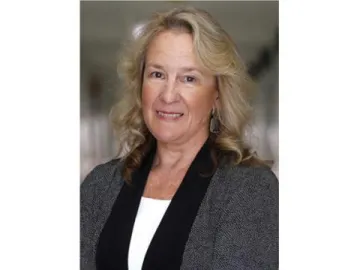What is the Precision Aging® Network?
The Precision Aging® Network (PAN) is developing a new model for identifying the drivers of brain aging and cognitive decline in individuals. Our method is novel. We are creating a framework for a precision medicine approach to brain aging. This perspective takes into account a person's genetics, lifestyle, environment and other factors to customize care, rather than relying on a one-size-fits-all approach. We want to “close the gap between cognitive healthspan and human lifespan”.
What is Cognitive Healthspan?
We want to find ways to optimize your cognition for as long as possible (‘cognitive healthspan’), regardless of what your ‘lifespan’ may be. In doing this we hope to close the gap that is often observed between brain and cognitive health across the lifespan.
PAN brings together researchers from across the country to better understand how and why people experience brain aging differently, with the ultimate goal of developing more effective treatments and interventions targeted to the individual.
What questions are we asking?
What impacts healthy brain function as we age? For a given individual, can we predict, prevent, or slow the progress of unwanted changes? Can optimal brain function be maintained as we age? To answer these questions, we use methods that seek to customize treatments based on a person’s unique characteristics. The strategic goal of the Precision Aging® Network (PAN) is to develop the essential scientific knowledge and appropriate technologies for the application of ‘precision medicine’ concepts to predict individual brain health risks and discover personalized solutions to maximize cognitive healthspan.

To achieve these goals, the University of Arizona was awarded a $60 million grant in September 2021 from the U.S National Institutes of Health, National Institute on Aging, to launch the Precision Aging® Network. Dr. Carol A. Barnes, Regents Professor of Psychology, Neurology and Neuroscience, and the Director of the Evelyn F. McKnight Brain Institute at the University of Arizona is the Principal Investigator of the PAN project. This Network is centered at the University of Arizona but involves collaboration with the Phoenix-based Translational Genomics Research Institute (TGen) and seven additional research Universities (University of Miami, Johns Hopkins University, Emory University, Georgia Tech, Georgia State University, Arizona State University, Baylor College of Medicine).
Entry into our PAN projects is through a web-based cognitive assessment tool called “MindCrowd”, which we are using to recruit and establish the largest, most diverse lifespan study on cognition in the USA. We now have more than 275,000 participants across the United States and are aiming at 350,000 individuals or more with this new grant. This 5-year national study can enroll anyone 18 years of age and older to be involved.

